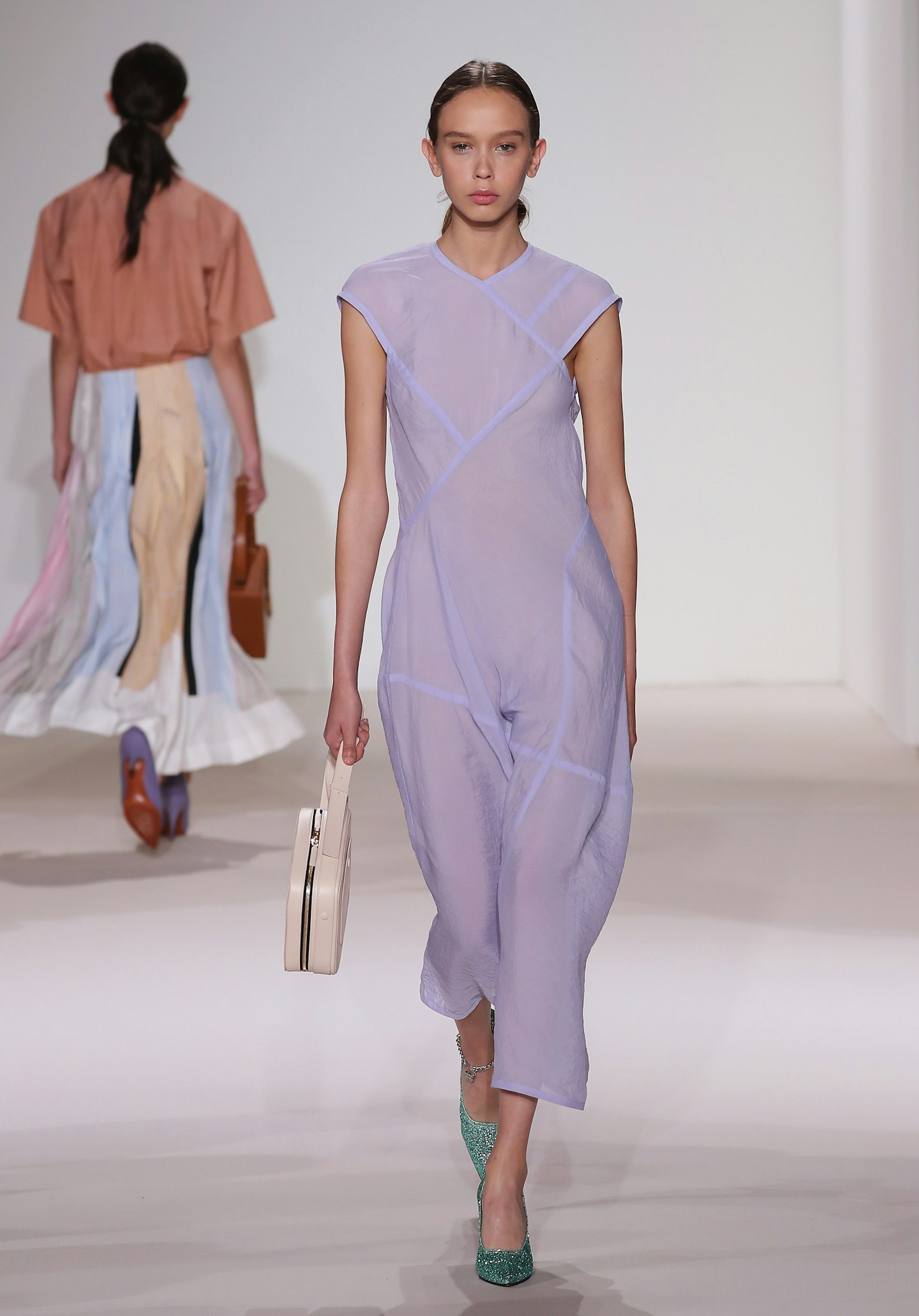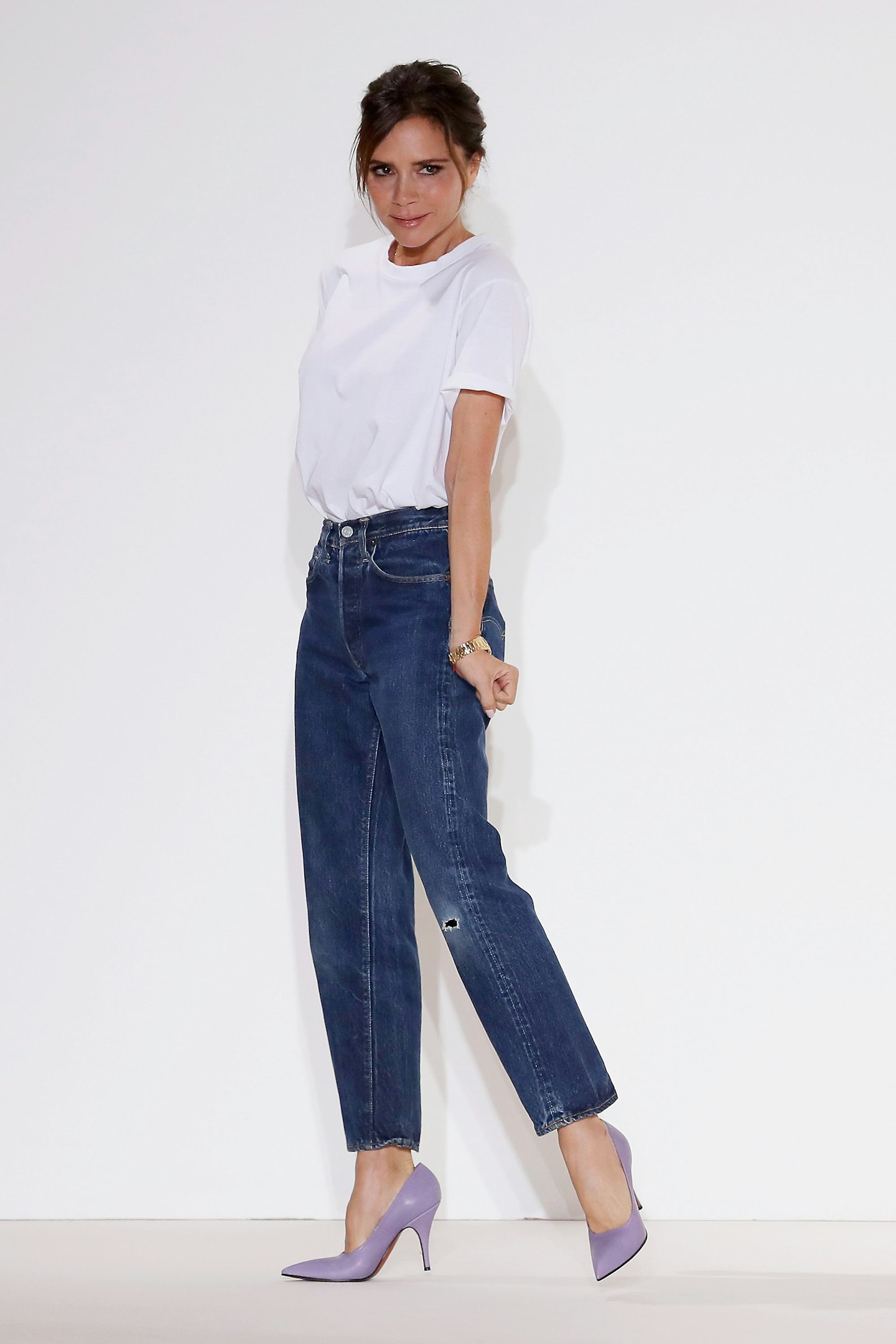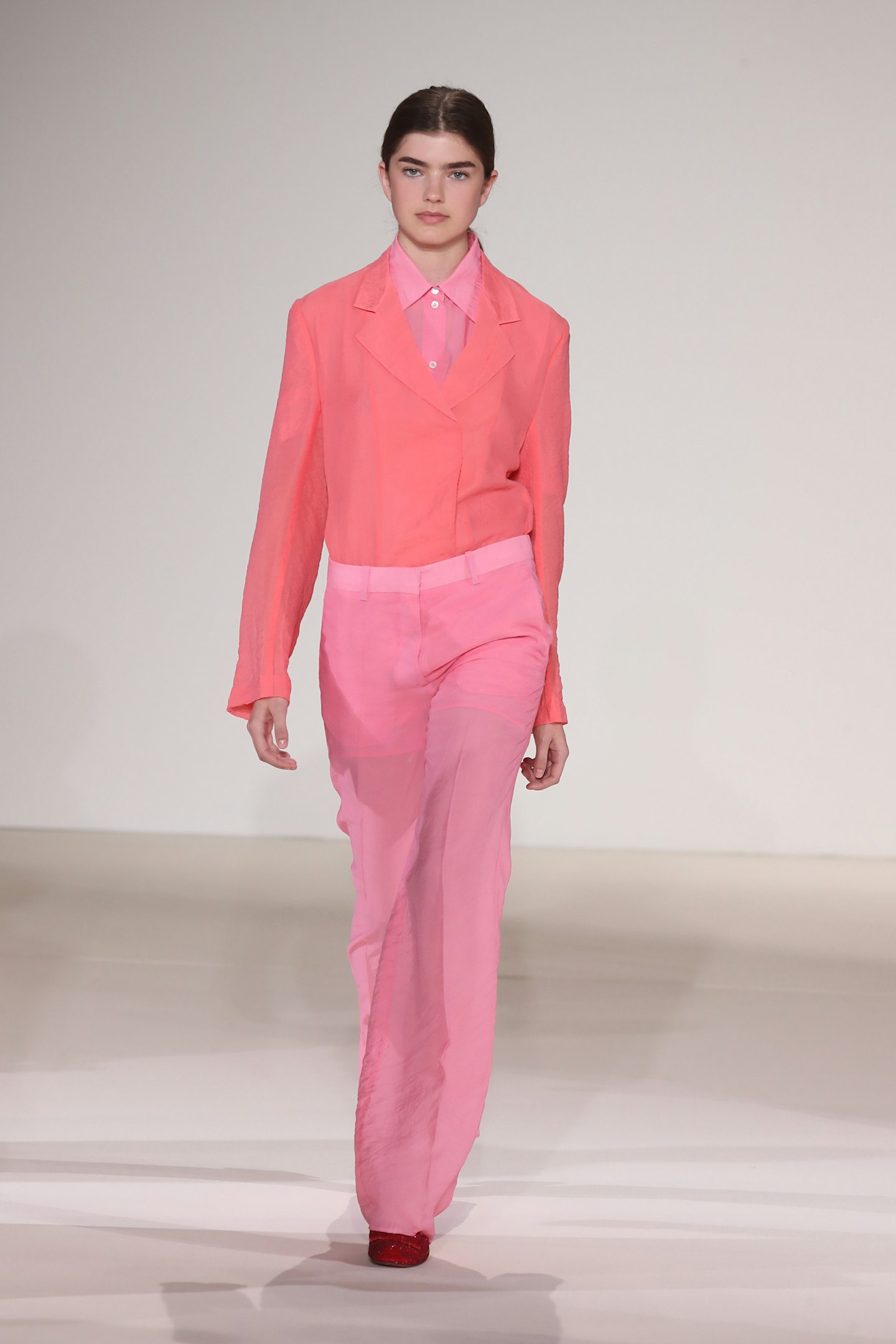Though Victoria Beckham’s decade-old fashion brand may not have turned a profit, it just received a £30 million investment from a private equity firm.
With a high-profile slot on New York Fashion Week’s squeezed bi-annual schedule, 400 global stockists and a slew of famous followers, it may seem surprising that Beckham’s brand would have made a £3.8 million loss in 2014, were it not for a £5.2 million investment, rumoured to have been from her husband, David. However, Neo Investment Partners, which have purchased an undisclosed stake in the company, obviously think otherwise.

‘I am incredibly excited about what the future holds, now that I have a new business partner in Neo,’ Victoria, 43, told Grazia in this week's issue of the magazine. ‘Their investment will allow me to set in motion our plans for brand expansion.’ While still main stakeholders, Victoria and David share the company with their business partner Simon Fuller who is best known as the Spice Girls’ manager.
‘[Neo’s] investment will mean we can take our digital presence to new heights, enhancing the website, while expanding our retail network, opening more stores and spaces where my customer can really see the brand through my eyes,’ Victoria told us. ‘There’s so much I want to do!’
Since September, Beckhams glittering £515 ‘Dorothy’ pumps have been tipped as the cult shoe of the season. With fans like Kerry Washington, Saoirse Ronan and Eva Chen already sold on them, Beckham has officially made her stamp on the footwear market. But, that’s not the only place she’s found fans since her Spice Girl days. On the red carpet, her brand is often worn by January Jones, Anna Kendrick, Sienna Miller and Gwyneth Paltrow. And, Beckham already has form with brand partnerships as she produced a sell-out collection for US mega-chain Target earlier this year, has a multi-million pound deal with Estée Lauder and an activewear collaboration with Reebok in the pipeline. So, what is this exciting ‘brand expansion’ Victoria is referring to?

The brand must be ‘a relatively small business with great growth opportunities,’ explains Morty Singer, retail ‘guru’ and President and CEO of Marvin Traub Associates who has helped stoke the fortunes of Oscar de la Renta, Matthew Williamson and J Mendel.
‘It’s what is called a growth equity investment, which implies the investors believe in the business, at least the next five years of its trajectory and that she can double if not triple or quintuple the value of the business. That’s what they’re gunning for, and that’s what they’re banking on. It’s a textbook growth investment.’ So what will Victoria be spending her new-found investment on? We asked Singer to predict want comes next for brand VB...
1. New categories - from eyewear to beauty
Singer predicts that Beckham would be wise to follow the rubric of Balmain, The Row and Tom Ford who grew by propelling their brand into new categories. For instance, Ford started small with eyewear before launching subsequent beauty collections, exclusive ready-to-wear and stores. Similar to Beckham, Ford and The Row (which is owned by the Olsen twins) had a celebrity cache before they launched his label, which has helped stabilise its fortunes.
Of what that is, Singer has a clear idea. It’s called omnichanneling. ‘The next three steps begins with a conservative rollout of their own strategic retail.’ He says conservative because in the luxury market over-expansion can be a death sentence.
2. A slicker online shopping experience
‘Second step is linking their digital strategy to the rollout of the stores.’ By creating a fluid digital experience for the consumer, be it from social channels or from partner sites like Farfetch, the label can basically keep driving traffic back to themselves.
3. More collaborations
The third step is to maximise ‘strategic partnerships whether it be institutional partnerships like Estée Lauder or even collaborations.’ He clarifies, ‘if the brand has the right fragrance, beauty and eyewear licenses plus the Beckham’s global marketing power as personalities, it adds an extra layer onto traditional advertising, so it’s a one-two punch case.’ As global personalities, they can bring a cultural zeitgeist to the fore, which can, in turn, make the Beckham couple even more ubiquitous than they already are.

4. The end of her diffusion line?
With so much competition in the over-saturated fashion market, Singer thinks there would be merit for Beckham to pick a lane. Though the brand’s diffusion line Victoria, Victoria Beckham has many notable stockists she could be wise to follow Dolce & Gabbana’s lead and retire her affordable line. He explains that there is a trend for brands to ‘either be luxury or not’ and concludes I ‘there is definitely a possibility that she might just consider going luxury-only.’ However, as a household name, it may be worth her hanging in there with the affordable opening price even if it does muddle the perspective for the consumer.
5. Paying off that overdraft
It’s also seems very likely that this first round of funding may help pay off accumulated debt. Putting on lavish fashion week shows and producing clothes in the UK is expensive and this could be part of the reason why making profit has been just out of the brand’s reach. And Victoria certainly doesn't do things on the cheap. 'She can say her garments are British made, which is very rare,' Fflur Roberts, head of luxury goods at Euromonitor International told us in this week's issue of Grazia magazine. 'Even at a brand like Burberry, which celebrates being British, only a very small proportion of products are being made in the UK. From that point of view, the quality control is much higher, but the cost of making each garment is much higher.'
Add to that the cost of housing your bricks and mortar store in London's Dover Street, and running a fashion brand becomes an expensive business.
Beckham is not alone in seeking investment. Giambattista Valli sold a minority stake to Kering’s parent company Artémis earlier this year. However, what makes her different is her star status. For she did not need to sell shares to earn money. Her lifestyle will be no different with or without investment, and it won’t change the focus or energy she plugs into her business.
‘They’re incredibly wealthy people, so if she had sold that business for three times the revenues it would have been a nice payday, but not one she needs.' It would mean she would be contractually obliged to remain part of the company for around five years. Long-term, it would have become a golden handcuff, Singer thinks.
Instead, she now has the money, tools and strength of a powerhouse behind her to erode a mega-luxury market at a time when digital is the only option.
